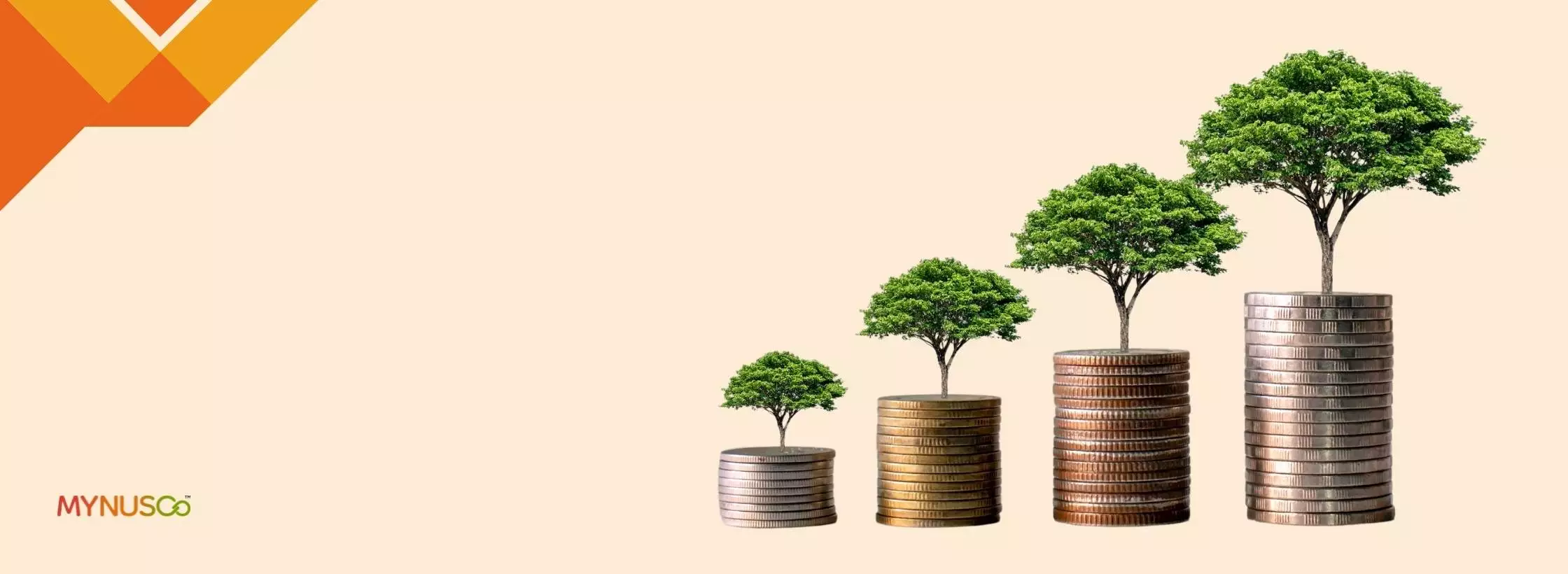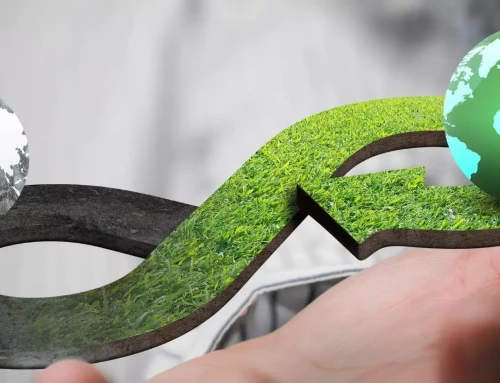Circular economy can lead to India’s Sustainable development as envisioned by BRSR principles
Climate change can be addressed only halfway by utilising alternative sources of energy, but the other half is met by sustainable development. Companies and consumers need to invigorate themselves by producing and using sustainable products and switch from a linear economy to a circular one. Sustainable products need to have sustainable sourcing, utilise natural resources in a conserved manner, reuse and renew materials after the use life of a product, and finally, use this material to produce new products once again in a circular economy.
The National Federation of corporate Governance in India has consulted and agreed on a framework for reporting sustainable development, namely, Business Responsibility and Sustainability Reporting (BRSR) which has initially been rolled out for implementation to the top 1000 BSE listed companies. However, this framework applies to companies of all sizes that are interested in sustainable development. The global standards for such reporting before BRSR was GRI (Global Reporting Initiative), ESG (Economic and Social Governance), and UNSDG (UN Standard Development Goals). The SEBI in India has mandated the use of BRSR for sustainable business reporting based on certain key principles.
We @ MynuscoTM believe that BRSR is a useful tool that will help India in sustainable development goals through corporate adoption. It can be implemented even by smaller companies such as the MSME segment which would benchmark current practices and highlight key milestones to achieve, to make their businesses more sustainable; eventually providing customers with value for money given that sustainable development usually involves a circular economy.






